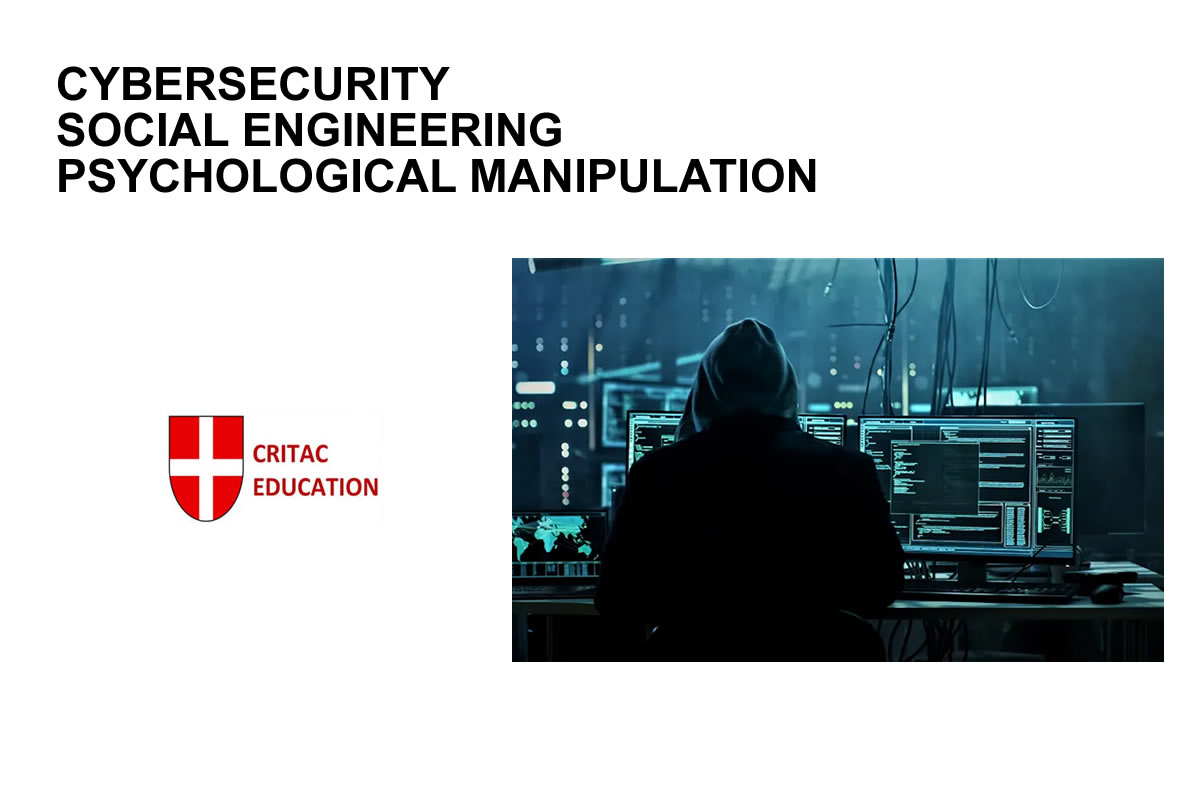This captivating course offers a comprehensive exploration of the world of social engineering with a specific emphasis on the power of reciprocity. Reciprocity, also known as "quid quo pro," is a fundamental psychological principle that influences human behavior. Through the lens of this principle, participants will gain a deep understanding of how social engineers manipulate and deceive individuals and organizations.
The course begins by examining the historical context of famous social engineering attacks, setting the stage for a journey into the psychological intricacies of manipulation. Participants will uncover the underlying principles behind manipulation and the psychology that drives individuals to respond to specific triggers.
Reciprocity, the core principle of this course, is dissected in detail. The power of reciprocity in influencing decisions is explored, and participants will discover how this principle is applied in various aspects of daily life.
Drawing on Robert Cialdini's six principles of influence, the course delves into the reciprocity principle, providing participants with a comprehensive understanding of how it shapes decision-making processes.
To effectively deploy reciprocity-based social engineering tactics, participants are guided through the crucial stages of gathering information and intelligence, identifying targets and weaknesses, and selecting the most appropriate approach.
Throughout the course, participants will learn about social engineering techniques that leverage reciprocity, including building trust and rapport, exploiting reciprocal obligations, and manipulating the exchange of favors to achieve specific objectives.
The course also highlights the darker side of reciprocity, shedding light on unethical and malicious uses of this principle. Real-life case studies illustrate the significant impact that reciprocity-based manipulations can have on victims.
Recognizing and defending against reciprocity tactics is essential. Participants will gain insights into implementing security measures to protect against social engineering attacks. Additionally, the importance of educating and training staff to safeguard against these tactics is emphasized.
The course takes an ethical turn by introducing positive applications of reciprocity in business and relationships. It promotes genuine cooperation and collaboration, showcasing how reciprocity can be harnessed for social good.
Participants will also gain insights into strengthening their psychological defenses, developing critical thinking skills, and being mindful of reciprocity traps.
The course concludes with a look at the future of social engineering, discussing evolving threats and countermeasures, the ethical implications of reciprocity in an AI-driven world, and what the future holds for reciprocity-based manipulation.
